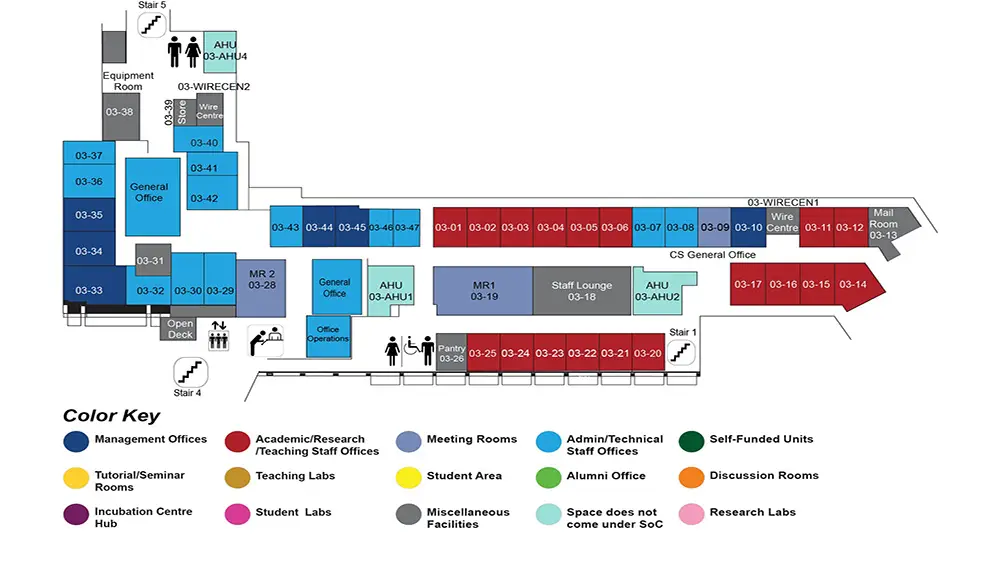Towards Data-Driven Decision Support In Healthcare
Dr Hsu, Wynne, Provost'S Chair Professor, School of Computing
COM1 Level 3
MR1, COM1-03-19

Abstract:
Electronic Health Records (EHR) provide a rich repository of patient-related information over a history of visits such as disease diagnosis, lab test results, prescribed medications, etc. Complementary to EHR, there exists knowledge bases that provide additional clinical domain knowledge such as drug-drug interactions and drug-lab interactions. For optimal patient care, clinicians often have to consider both patient-specific information as well as and clinical domain knowledge. Having an AI system that effectively models this information and knowledge to provide personalized and justifiable recommendations and predictions can help support clinicians in their decision-making. This thesis describes deep learning solutions for personalizing two important tasks in healthcare, namely medication recommendation and lab test response prediction.
We first design a medication recommender system called PREMIER that takes into account the past and current visits of patient records, drug co-occurrences in the EHR, as well as the known interactions of drugs, to generate personalized medications with justifications while minimizing adverse drug reactions. PREMIER has two key stages. The first stage utilizes a two-level neural attention model to create a personalized query vector. The second stage uses this query vector to retrieve information about potential drug interactions and drug co-occurrences. This ensures that the recommended set of medications has minimal drug interactions.
Next, we develop a fine-grained medication recommender called REFINE that considers trends in medication dosage titrations and past lab test responses as well as the severity of drug interactions to provide safe and personalized drug treatment regimes. We adapt the vision transformer to model the trend information and utilize a graph attention network to capture the severity level of the drug interactions. We also design a balanced loss function that weighs the benefits of a pair of drugs against the severity of any potential drug interaction.
Finally, we examine the impact of treatment regimes and propose a system called KALP to predict patient response for a target lab test. KALP models the complex interactions among different medications, diseases, past lab test responses, and fine-grained medication dosage information to learn a strong patient representation. Together with information from similar patients and external knowledge such as drug-lab interactions and diagnosis-lab interaction, KALP personalizes the prediction of patient response for a target lab test.
Extensive experiments on multiple real-world datasets demonstrate the effectiveness of the proposed solutions. In addition to providing personalized and accurate predictions, the solutions also compute the contributions of each information source as justifications for the recommended medications and lab test response predictions. Case studies show that the justifications generated by our techniques are consistent with clinicians' understanding.

